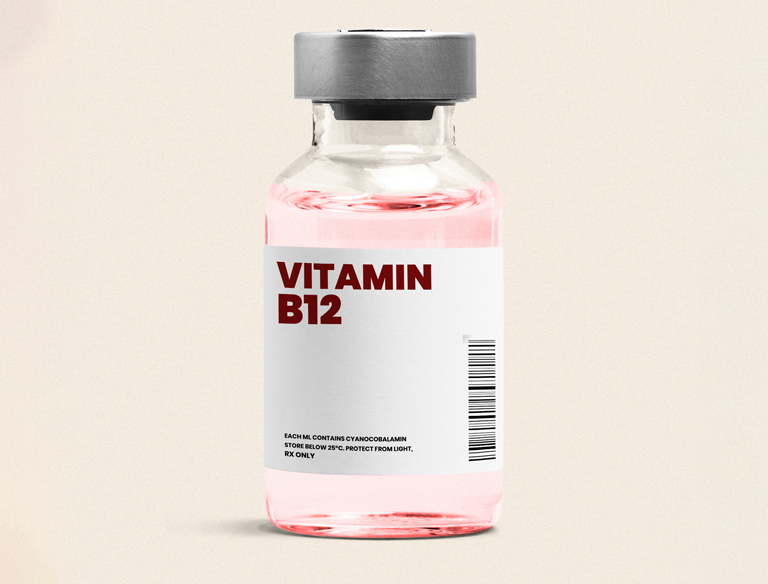I recently visited my primary physician for my annual checkup, grappling with persistent fatigue and difficulty concentrating. My mind felt foggy, and my overall mood was less than optimal, leading me to worry about potential premenopause symptoms. Upon receiving the results of my bloodwork, it became evident that my vitamin B12 levels were at the lower end of the spectrum. My doctor recommended a vitamin B12 shot, emphasizing its superior absorption and dosage compared to the supplements I had been taking.
After receiving the shot, I experienced almost immediate effects that left a lasting impression. I felt noticeably happier, my energy levels soared, and I regained the ability to focus more effectively. It was a transformative experience and prompted my to write this post to share with others.
Vitamin B12 is essential for various bodily functions, including the production of red blood cells, DNA synthesis, and proper nerve function. Whether taken as a shot or a supplement pill, B12 can help address or prevent a deficiency.
Health Benefits of Vitamin B12
- Increased Energy Levels
Vitamin B12 is crucial for energy production. Adequate levels can help reduce fatigue and increase overall energy. - Improved Mood and Mental Health
B12 is involved in the synthesis of neurotransmitters like serotonin, which can help improve mood and reduce symptoms of depression and anxiety. - Better Cognitive Function
Sufficient B12 levels support brain health and cognitive function, potentially reducing the risk of neurodegenerative diseases. - Healthy Red Blood Cells B12 is vital for red blood cell production, preventing anemia and associated symptoms like weakness and paleness.
- Support for Pregnancy
Adequate B12 is essential during pregnancy for the development of the baby’s nervous system and to prevent birth defects. - Cardiovascular Health B12 helps reduce homocysteine levels in the blood, a risk factor for cardiovascular diseases.

Differences Between B12 Shots and Supplement Pills
Absorption
Shots: B12 injections (often in the form of hydroxocobalamin or cyanocobalamin) bypass the digestive system and are directly absorbed into the bloodstream. This is beneficial for individuals with absorption issues due to gastrointestinal problems, such as pernicious anemia or certain intestinal conditions.
Pills: Oral supplements rely on absorption through the digestive tract. For those with normal digestive function, this method is effective, but it may not be sufficient for individuals with absorption issues.
Speed of Effect
Shots: The effects of B12 injections can be felt more quickly since the vitamin is delivered directly into the bloodstream.
Pills: Oral supplements may take longer to raise B12 levels, as they need to be digested and absorbed.
Frequency of Administration
Shots: B12 injections are typically administered less frequently (e.g., monthly) but may require a healthcare provider’s visit.
Pills: Oral supplements need to be taken more regularly, often daily, to maintain adequate levels.
Dosage Control
Shots: The dosage in injections is controlled and precise, reducing the risk of variability in absorption.
Pills: The dosage can vary based on the supplement brand and formulation, and the absorption rate can be affected by factors such as stomach acidity and other dietary components.
Convenience
Shots: Injections may be less convenient due to the need for medical administration and potential discomfort from the injection.
Pills: Oral supplements are more convenient and can be taken at home without medical assistance.
Who Might Benefit More from Shots or Pills?
Shots: Individuals with severe B12 deficiency, malabsorption issues, certain medical conditions (e.g., pernicious anemia), or those who have undergone gastrointestinal surgery may benefit more from B12 injections.
Pills: People with a mild deficiency, those following a vegetarian or vegan diet, or those looking for a convenient way to maintain their B12 levels may find oral supplements sufficient.
Both methods can effectively raise B12 levels and address deficiency, but the choice between shots and pills depends on individual health needs, convenience, and the specific circumstances of the person. Consulting with a healthcare provider can help determine the best approach.

